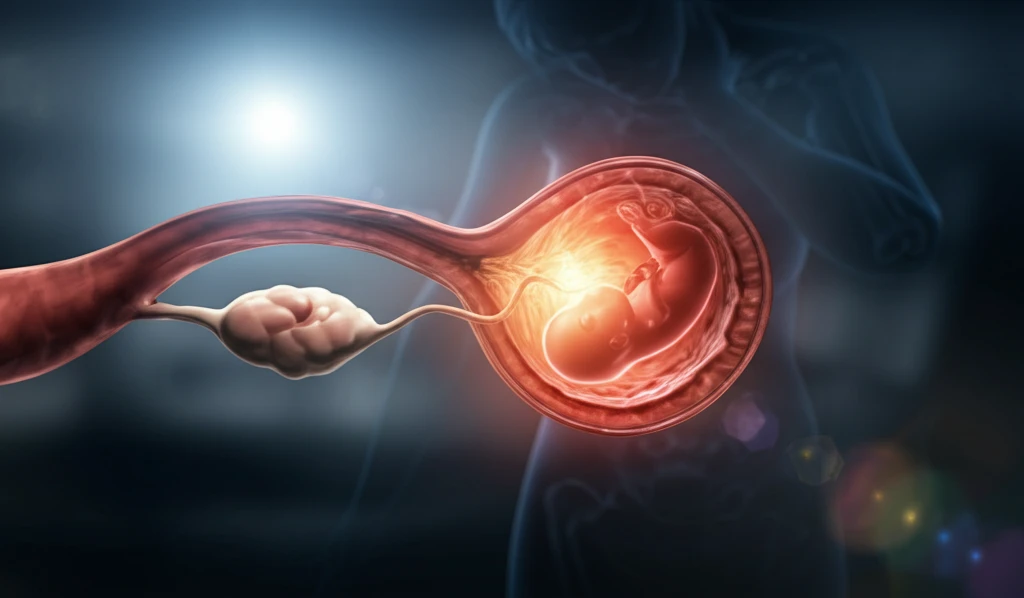
Ectopic Pregnancy: Spotting the Signs and Getting the Right Care
"Early Detection and prompt intervention are vital in managing ectopic pregnancy. Understand symptoms, risk factors, and treatment options available."
Discovering you’re pregnant is often a moment filled with joy and anticipation. However, sometimes a pregnancy can develop outside the uterus, which is known as an ectopic pregnancy. This condition, while not viable and potentially dangerous, requires prompt recognition and treatment to safeguard a woman's health and future fertility.
An ectopic pregnancy occurs when a fertilized egg implants and grows outside the main cavity of the uterus, most commonly in one of the fallopian tubes. Since the fallopian tubes are not designed to accommodate a growing embryo, this can lead to serious complications, including rupture of the tube and internal bleeding. It's crucial to understand the risk factors, symptoms, and treatment options associated with ectopic pregnancy to ensure timely intervention.
This guide aims to provide you with a comprehensive understanding of ectopic pregnancy, from recognizing early warning signs to understanding the available medical interventions. By being informed and proactive, you can help ensure the best possible outcome for your health.
What are the Key Signs and Symptoms of Ectopic Pregnancy?

Recognizing the signs of an ectopic pregnancy is the first step toward getting timely care. Symptoms can vary, and they may initially mimic those of a normal pregnancy. However, certain warning signs should prompt immediate medical attention. The classic triad of symptoms includes:
- Abdominal Pain: This is often one of the first and most common symptoms. The pain can be sharp, stabbing, or a dull ache, and it may be localized to one side of the abdomen.
- Ammenorrhea: Absence of a menstrual period.
- Vaginal Bleeding: Also known as spotting, this bleeding is different from a normal menstrual period. It may be lighter or heavier and can be intermittent.
Taking Control of Your Health
Ectopic pregnancy is a serious condition that requires immediate medical attention. By understanding the risk factors, recognizing the symptoms, and seeking prompt care, you can protect your health and future fertility. If you suspect you may have an ectopic pregnancy, don't hesitate to contact your healthcare provider or go to the nearest emergency room. Your health is the priority, and early intervention can make all the difference.
